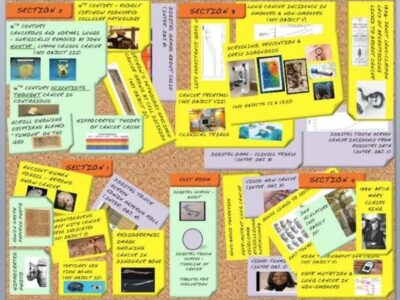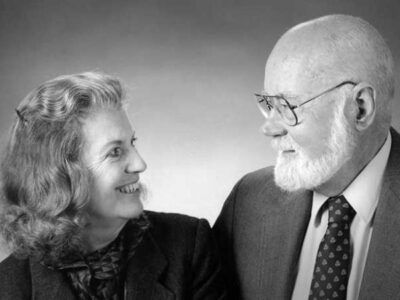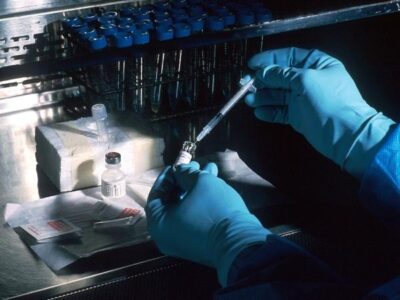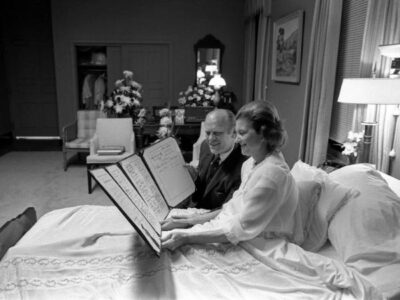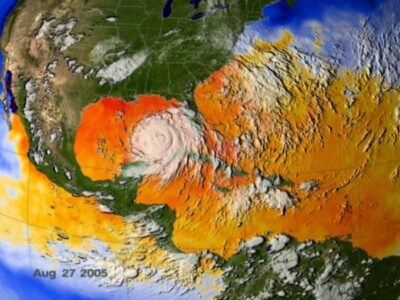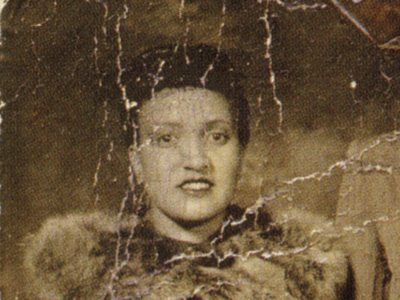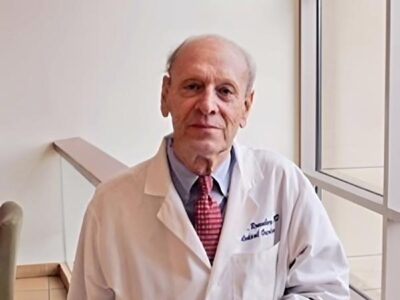The American Cancer Society’s Great American Smokeout has been held the third Thursday of November annually since 1976. At the first official Great American Smokeout on Nov. 18, 1976, the California Division of ACS successfully helped nearly 1 million people quit smoking for one day.
This week’s spotlight contributor, Rutgers Cancer Institute of New Jersey, is highlighting cancer genomics, breast cancer research, pancreatic cancer research, and the New York Giants.
For Tobacco Awareness Month this November, the Cancer History Project is working with University of Alabama’s Center for the Study of Tobacco and Society to highlight tobacco’s past in oncology’s history—from pharmaceutical advertisements, to World War II propaganda, and depictions of tobacco in cartoons.
Jaya M. Satagopan, PhD, is a full member in the Cancer Prevention and Control Program at Rutgers Cancer Institute of New Jersey and professor in the department of Biostatistics and Epidemiology at the Rutgers School of Public Health. Between 2016 and 2019, Dr. Satagopan completed her Master’s degree in science communication and public engagement from the University of Edinburgh.
The Cancer History Project has compiled a series of articles from our archives and contributors on the topic of bone marrow transplantation in oncology.
The National Cancer Act produced a massive influx of funding for a viral oncology program at NCI.
In 1974 Betty Ford announced publicly that she underwent treatment for breast cancer and received a radical mastectomy. Her announcement was unusual at the time—and unprecedented for an occupant of the White House.
With Hurricane Ian making landfall in Florida on Sept. 28 as a Category 4 storm, the Cancer History Project has compiled a collection of past articles about the impact of hurricanes on cancer care—as well as the partnerships and leadership that are essential when disaster strikes.
Henrietta Lacks, a mother of five, received cervical cancer treatment from Johns Hopkins Hospital in 1951. At the time, Hopkins was one of few hospitals that treated Black patients like Lacks.
In September, the Cancer History Project is highlighting the turning points of oncology—the people, research, discoveries, and moments in history that broke the mold.





